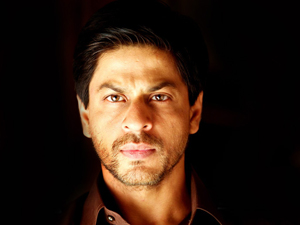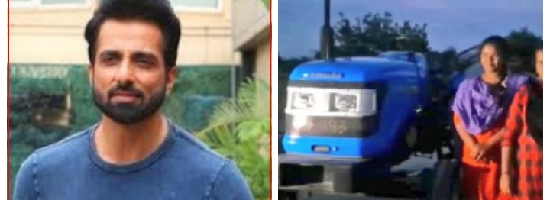 Dubai, May 15: Superstar Shah Rukh Khan has been ruling the silver screen for more than two decades and he says he enjoys being in the public eye and wants no privacy.
Dubai, May 15: Superstar Shah Rukh Khan has been ruling the silver screen for more than two decades and he says he enjoys being in the public eye and wants no privacy.
The 48-year-old actor has appeared in more than 50 Hindi films including several hits like 'Baazigar', 'Dilwale Dulhania Le Jayenge', 'Dil To Pagal Hai', 'Veer Zara' 'Swades'
and 'Jab Tak Hain Jaan'.
"I am happy with my fame: I would miss leaving my house and not having people waiting for me, I would miss people waving to me, I am happy being loved. I want no privacy; I shamelessly want to be a star, I think it's the most beautiful thing to be," Shah Rukh said at an award ceremony organised by Forbes Middle East to acknowledge the Top Indian Leaders in the Arab World.
"I am so happy that people don't give me time to have lunch alone! I would rather have all this. Given the choice I would do it all over again," he added.
Shah Rukh took to the stage for a candid chat with the magazine's features editor, Joanne Al-Samarae. The actor said that he has earned much more money than he deserves. "I came from a lower middle class family, and we had a lot of issues in terms of money, but I saw my parents work very hard to educate me so because of that, I have never been attached to material goods.
"I have the big houses, amazing cars, the best boxes in the stadiums; people really pamper me. But if I had none of that, and I just had my acting, then I would be happy," he said. TP Seetharam, Ambassador of India to the UAE, also attended the event as guest of honour, and Boris Collardi, CEO of Julius Baer Group, which partnered with Forbes Middle East on this special occasion, delivered an engaging keynote speech.
The latest issue of Forbes Middle East magazine was unveiled during the event.






Comments
Add new comment